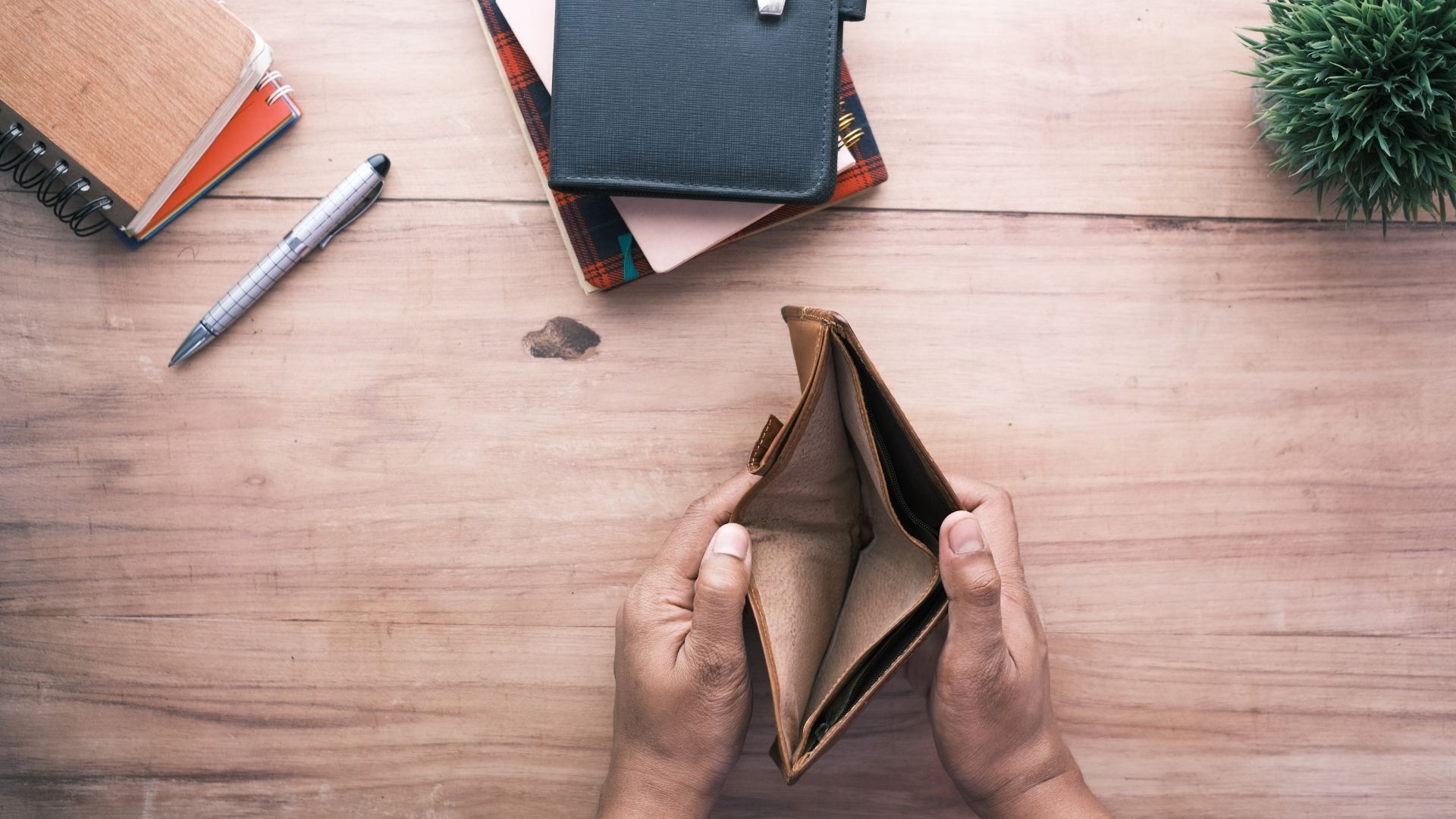5 Things You Need to Know Before You Co-Sign a Mortgage!

So you’re thinking about co-signing for a mortgage? Okay, do you really know what that means do you know what you are getting yourself into? Co-signing isn’t necessarily a bad thing, but there is certainly a lot of misinformation floating around on the subject. Although it’s nice to be in a position to help someone close to you qualify for a mortgage, It’s not a decision that should be made lightly. Co-signing on a mortgage could have a significant impact on your future.
Here are some things you should consider before co-signing a mortgage application.
1. Regardless if you’re the principal borrower, co-borrower, or co-signor, If you’re on the mortgage, you’re 100% responsible for the debt of the mortgage and everything that goes along with that. Although the term co-signor makes it sound like you are somehow removed from the actual mortgage, you have all the same legal obligations as everyone else on the mortgage.
2. If the person who you’re co-signing for is unable to make the payments for any reason, you will be expected to make them on their behalf. By signing the mortgage documents, you assume full responsibility for the payments (even if it’s not you making them).
3. If payments aren’t being made, there is a chance the lender will take legal action against you. This includes all available collection methods such as obtaining a judgement in court or garnisheeing your wage or bank accounts. Worse case scenario, they could actually go after your property or assets in order to cover their loses. Now, this is highly unlikely, but not out of the realm of possibility.
4. Once the initial term has been completed, you will not automatically be removed from the mortgage. The person who you co-signed for will have to make a new application for the mortgage in their own name and qualify on their own merit. If they don’t qualify at this time, you will be kept on the mortgage for the next term.
5. When you co-sign for a mortgage, all of the debt of the co-signed mortgage is counted against you. This means that if you’re looking to buy another property in the future, you will have to include the payments of the co-signed mortgage in your debt service ratios, even though you aren’t the one making the payments. This could significantly impact the amount you can borrow in the future.
If you have any questions about co-signing on a mortgage, or about the mortgage application process in general, I’d love to discuss it with you. Please don’t hesitate to contact me anytime!

DAN CAIRD
Mortgage Agent | DLC
RECENT POSTS


CONTACT ME ANYTIME!
Thank you for contacting me.
I will get back to you as soon as possible
Please try again later
Dan Caird. All Rights Reserved | BRX Mortgage. Privacy and Content Notice.



